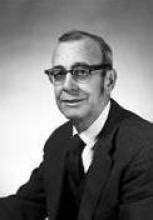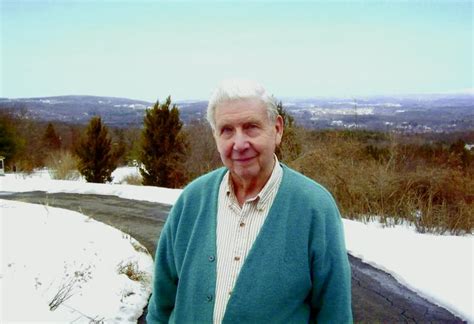A Quote by Ralph Barton Perry
I prefer credulity to skepticism and cynicism for there is more promise in almost anything than in nothing at all.
Related Quotes
People confuse the word cynicism with the word skepticism. One is “you’re not gonna pay attention to anything, think everything’s screwed up, nothing’s ever gonna work out right”, that’s cynicism. But skepticism is, “you’re presented with evidence and you do your best to draw conclusions based on that”. So, as the saying goes, Bill Nye, do you believe in ghosts? No. However, I would love to see one. Bring it on. I’m open minded to the idea, but the more I look into it in a skeptical frame of thinking, the less likely it seems.
One of the chief obstacles to intelligence is credulity, and credulity could be enormously diminished by instructions as to the prevalent forms of mendacity. Credulity is a greater evil in the present day than it ever was before, because, owing to the growth of education, it is much easier than it used to be to spread misinformation, and, owing to democracy, the spread of misinformation is more important than in former times to the holders of power.
When one admits that nothing is certain one must, I think, also admit that some things are much more nearly certain than others. It is much more nearly certain that we are assembled here tonight than it is that this or that political party is in the right. Certainly there are degrees of certainty, and one should be very careful to emphasize that fact, because otherwise one is landed in an utter skepticism, and complete skepticism would, of course, be totally barren and completely useless.








































